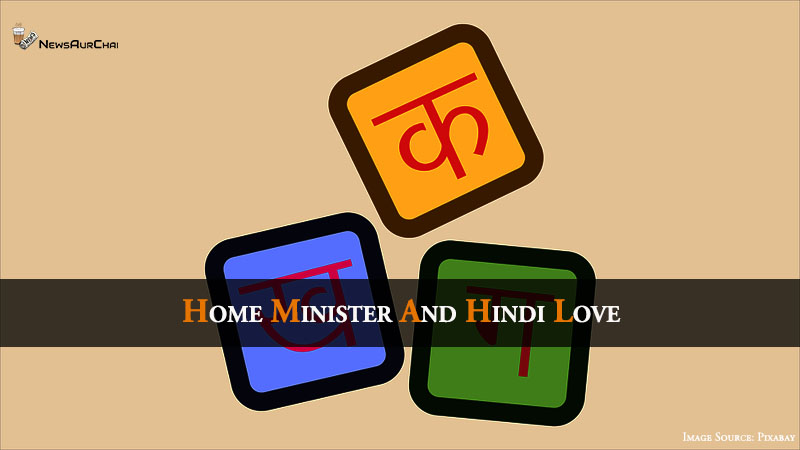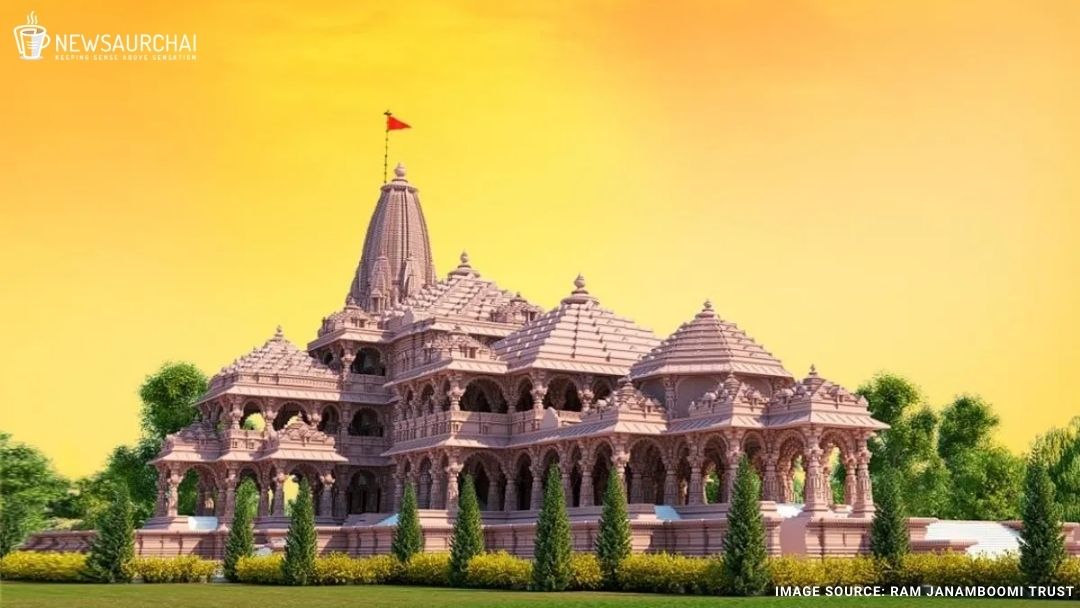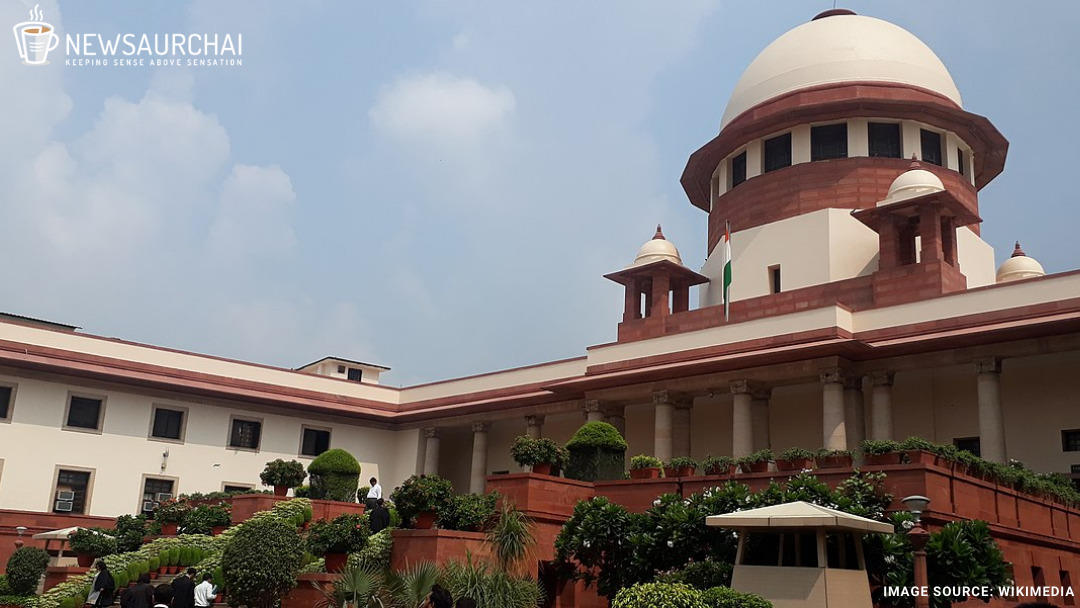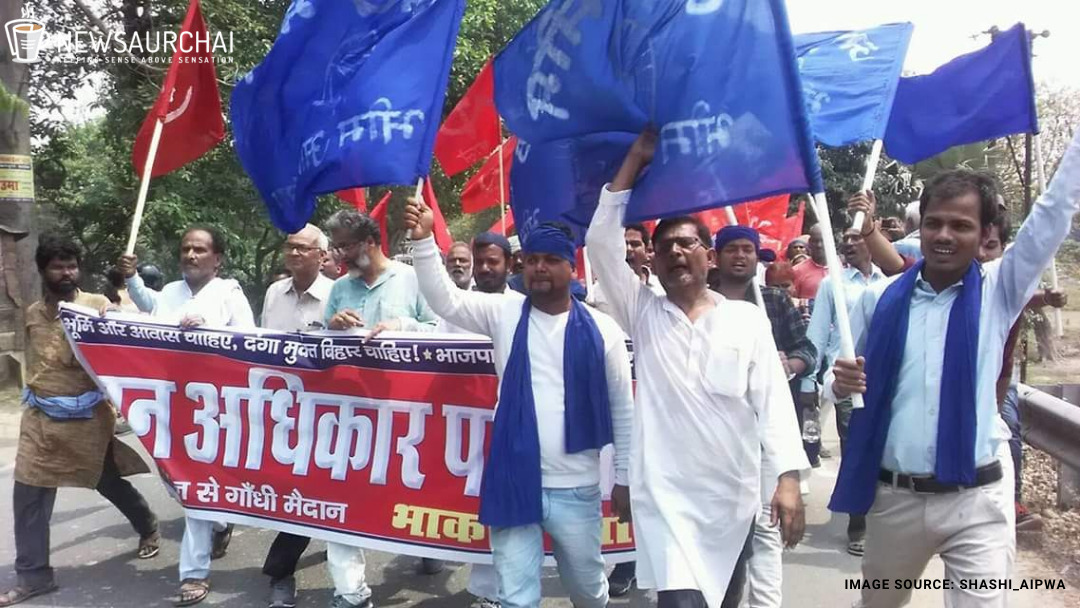Home Minister And Hindi Love

“India is a country of different languages, and every language has its own importance. However, it is essential to have a language which should become the identity of India in the world. If one language can unite the country today, it is the widely-spoken Hindi language“. What is the first thing that comes to your mind when you read this? Do you support the statement, or do you wish to stand against it?
There can be two possible reactions from your end. If you belong to a state with a Hindi speaking majority, you might not have any issues with the statement. Whereas if you belong to any other place, you might feel offended. However, there can be a variety of different thoughts coming to your minds and need not only to be restricted to the two possibilities mentioned above.
As some would have already guessed, this was a statement tweeted by the Union Home Minister, Amit Shah on the occasion of the Hindi Divas on the 14th September 2019. The statement did not go well down in South. As soon as the tweet surfaced, reactions started to pour in with people calling it as an imposition of the Hindi language on the people of India — which otherwise boasts of diverse culture, speaking several languages and all the diverse people living in harmony.
The Opposition leaders took it as an opportunity to slam Modi government and called it “hypocrisy”. Ironically, they claimed that such comments could affect the unity of India. DMK chief, MK Stalin demanded Amit Shah to take his statement back. JD-S chief and former Karnataka CM HD Kumaraswamy also hit out at the Union Minister for the statement. They also requested PM Narendra Modi to make a statement clarifying his take on the issue.
Soon, #HindiImposition started to trend, and people from all around the world came forward to share their take on the issue.
One of the valid concerns about this issue is that, though Hindi is the language of the majority, various other languages prevail in the country. It is often heard in India, that the language changes faster than the state. So, if Hindi is to be made as the official language, this would lead to a disappointment among citizens who speaks other languages, even if they fall under the category of the minority. It becomes imperative in a country like India where there is a large number of such different minorities, and hence their rights need to be protected.
The constitution has already addressed this problem by recognising 22 languages as the official languages instead of just one. However, statements like these made by the majority leaders give a hint of discrimination on their part. Especially in the southern states, this would be a grave concern because there the Hindi speaking people constitute the minority. Therefore the government is going to face harsh opposition and backlash.





